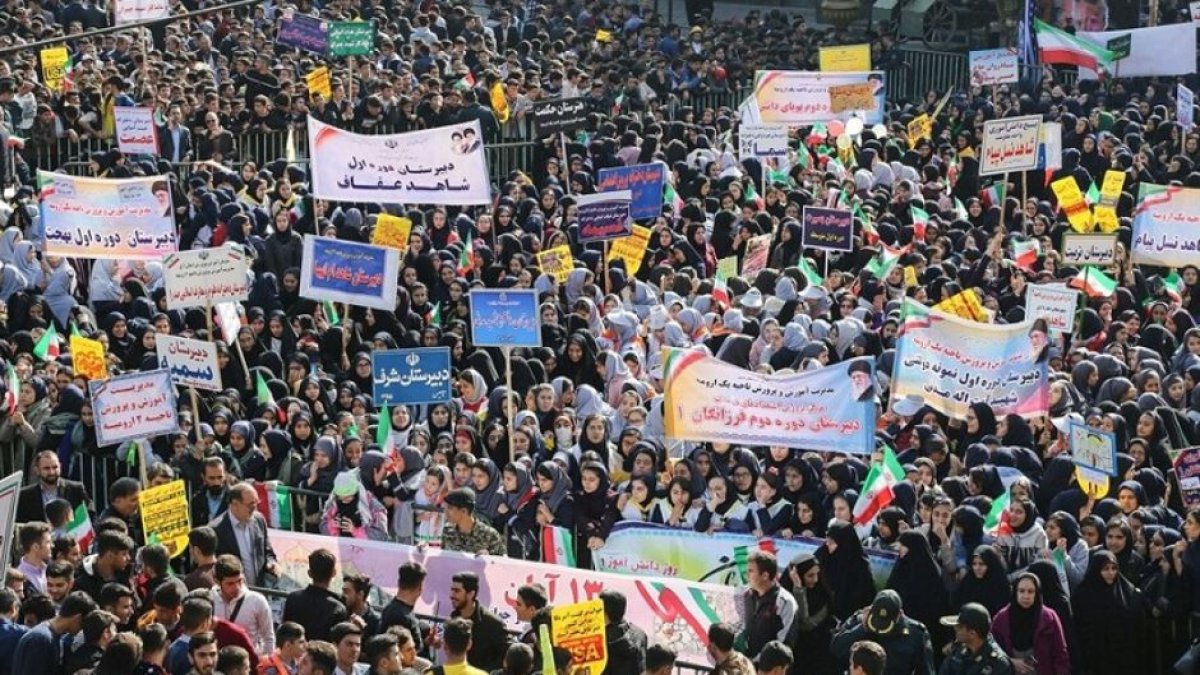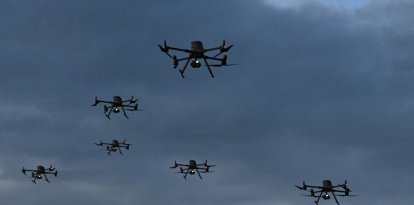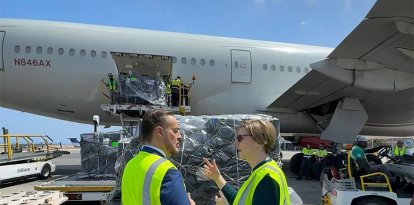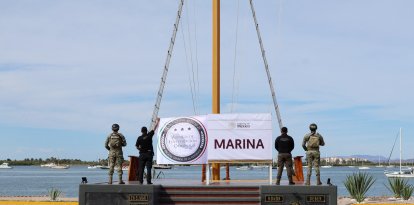Raz Zimmt tells Voz Media: "The Iranian people's support for the ayatollah regime is shrinking as the years go by"
The expert told our newspaper: "I am one of those people who believe that the West can encourage and try to help the protesters.”

Imagen de las protestas en Irán durante 2019. (Archivo / Wikimedia)
Protests in Iran continue to escalate. The most critical point was more than a month ago, when the morality police killed Mahsa Amini, a young Iranian woman, for improperly wearing her hijab. This was just another manifestation of the situation that has been going on in Iran for several years now and is only getting worse.
These protests have made their way around the world. Voz Media journalist Leandro Fleischer spoke to Dr. Raz Zimmt, research associate at the Center for Iranian Studies of Tel-Aviv University and the Institute for the Study of Homeland Security in Israel:
In their conversation, the expert explained that the Iranian population's support for the ayatollahs' regime "is shrinking as the years go by." Moreover, he estimates support to be no more than "20 or 30%." However, this does not mean that its power, consolidated after 43 years in government, is being reduced. Consequently, "it still has the ability to repress any potential threat to their stability" by using "very impressive repressive means...applied mainly by the security forces, the police, the Basij militia and, of course, the Revolutionary Guard."
Two major differences
The current protests are nothing new. There are already records of other protests from at least two years ago, when the regime killed numerous people. Despite this, these demonstrations did not resonate with international public opinion. However, Dr. Raz Zimmt points out that there are differences between now and a couple of years ago.
The Iranian expert points out two. First, the protests that have happened in recent years were "economically motivated. Those who took to the streets were mainly lower class people protesting the increase in the price of gasoline and basic food necessities. Today they call for a much more significant political change." The second difference is the location where the protests are taking place. A few years ago they were in outlying cities, but now they happen "in major cities, including Tehran."
These differences may not necessarily lead to a different outcome than years ago in the short term but, according to the research associate, it could mean that "Iran is on its way to a revolutionary situation and that it's only be a matter of time until Iran will produce another wave of protests, perhaps more violent and extreme."
Although this process may take a long time, it will be in the the spotlight of the rest of the world. I am one of those people who believe that the West can encourage and try to help the protesters, perhaps through the media, by providing them with a greater ability to overcome the blockades imposed by the regime." This support will be important, but, as Dr. Raz Zimmt says, it will not be able to "lead a protest that will result in major political change."

























